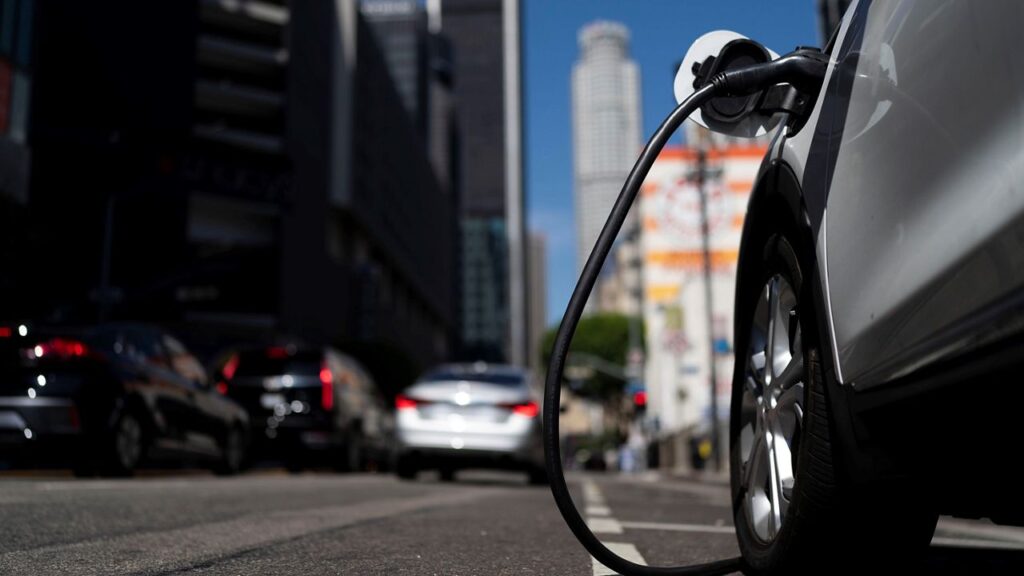COLUMBUS, Ohio — There are no security threats to electric vehicles (EVs), but experts believe EV chargers can pose a risk and are highly unregulated.
More than 122,000 hybrid electric vehicles were sold in the U.S. last month. This is almost a 30% increase compared to March 2023 sales. The country is expected to see more electric vehicles on its roads in the coming years due to various initiatives and initiatives. Legislative actions taken by the Biden administration. However, researchers are concerned about the safety of charging stations.
They discovered several vulnerabilities in charging stations from popular brands. Hackers have the ability to infiltrate devices inside the vehicle, access user data, interrupt charging, and cause all nearby chargers to lose power.
The risks posed by EV charging stations are no different from those posed by new technologies. But the National Cybersecurity Alliance says that with the massive push to get more EV chargers online, companies may not be doing all the testing necessary to ensure their products are safe. He said there is. These security risks can allow hackers to penetrate your system remotely or physically. If you are physically tampering with the charger, the process is the same as for credit card skimmers at gas stations.
The Department of Energy is working to fund research and technology to make zero-emission vehicles safer, but the National Cybersecurity Alliance said standards and practices are also needed before rolling out more charging stations. .
“We make sure that we have firewalls in place so that the software that's on things like charging stations can't be easily accessed and actually locked down so that no one can tamper with it,” said Cliff Steinhauer of the company. he said. National Cybersecurity Alliance. “It's equally important to have a way to test for vulnerabilities and remediate them at scale if they are found.”
Steinhauer said there should also be rules, regulations and guidelines that companies must follow before entering the market. He also recommended authentication processes seen with other technologies.
“As you know, Nest is working on a UL-type certificate that can be affixed to, for example, an internet-connected camera or refrigerator, indicating that the device meets minimum security standards. ,” Steinhauer said. “Right now these are optional and are still being developed, but we hope to make them mandatory at some point.”
Experts and researchers are also calling for more research and testing to address ways to remotely modify and update EV charger technology in bulk, rather than sending out individual technicians. If you're an electric car owner, the Alliance says to take extra care when charging. If your charger is unresponsive or you believe it has been tampered with, we recommend changing its location. It's also important to regularly monitor the accounts you use to charge and any accounts that may be stored on your vehicle's hard drive.


